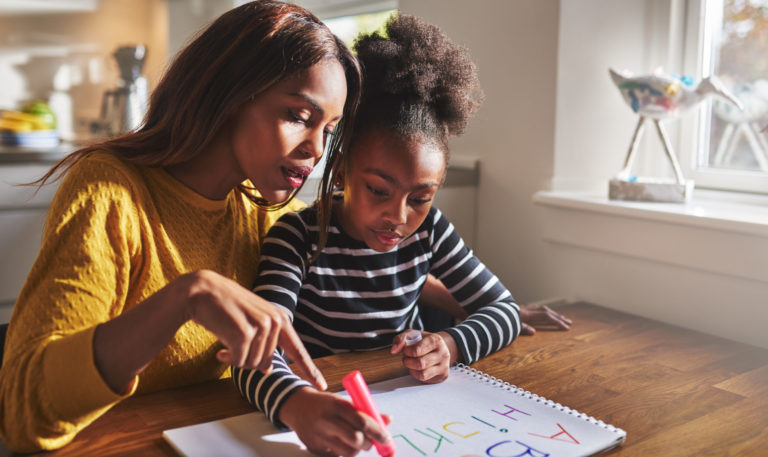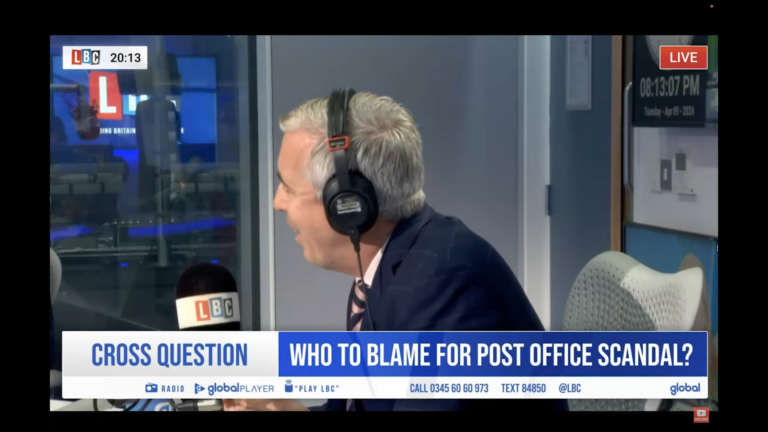The current pandemic is undoubtedly dreadful for so many people around the world. While families are fraught with the separation from their loved ones, others are mourning their loss. And that’s before we’ve even started looking at the economy and the number of people fighting to keep their businesses afloat.
Parents are another badly hit demographic. Running a family during this crisis is nothing if not a long exercise in multitasking: working full-time from home, cooking dinner, staving off a toddler tantrum while keeping 2m apart from everyone in the supermarket and of course becoming a full-time teacher!
I studied for four years to qualify for a teaching degree: understanding the psychology of education development, delivering each learning objective in the correct way, managing failure, setting learning objectives and so it goes on.
While parents are doing an amazing job at maintaining this balance and most schools are working hard to provide as much remote support as possible, there are so many challenges that have emerged from the current situation.
The first challenge is of course that many parents haven’t been taught how to teach effectively. For example, lay out a row of 10 beads on the kitchen table and get your child to count them. They point to the first one and call it ‘one’, the second bead is ‘two’, the third is ‘three’ and so on! “Great job” says the parent on completion of the task. However, when they then ask them to put three in a cup, they think their child has got it wrong when they only put one bead in the pot. Understanding why their child has got that ‘wrong’ is part of understanding the psychology of learning. Their child actually got the parent’s question right. They called the third bead ‘three’ so when asked by their parent to put ‘three’ in the post, that was the one they put in.
The second challenge is possibly the stress or frustration that parents are likely to experience while their child struggles to learn a particular skill. Compounding a child’s struggle to understand new concepts with a parent’s frustration is a quick way to discourage them from developing a love of learning.
Another challenge of home learning is of course the fact that academic skills aren’t the only ones that young children need to learn. Social interaction with the other children in their class is a vital part of their development and something most are unable to experience.
Teachers and educators have tried to make the transition to learning at home as smooth as possible, and there are providers of highly effective online schools like Wey Education and its InterHigh online remote learning school that are available to help, but it can still be a struggle.
And yet amongst this negativity comes some incredibly positive experiences.
I see the three children who live across my street getting to spend an invaluable amount of time with their mum and dad. I know they will hate the reduced level of attention once their parents have to go back to their workplace.
Before Covid-19, a multitude of research showed that as children age, the amount of time parents spend with them shrinks, and the percentage of the time they do spend with them, is increasingly done while multitasking. If we look at the most positive end of the spectrum, parents spend about two hours a day exclusively focused on their children aged six and under, with this figure halving as they get older.
The importance of fathers, in particular, giving their child quality time is proven to keep them healthier, more confident and well-behaved. It shows them that they are loved and valued, and of course the more interest they show in their education the greater the incentive there is for the child to do well.
Even if parents are currently busy working from home, most will be experiencing more time with their children; creating strong bonds, giving them the one on one personal interaction that teachers in large classrooms are simply not able to provide and having more time to develop any special talents their children possess, including musical, athletic, etc.
It’s easy for me to say, as I’m not a parent and I can’t imagine the stress that parents are currently under. It’s also sad for children missing their school friends, clubs, or even their graduation, but amongst it all I hope families can look back fondly on the additional quality time they have had to spend with their children.




